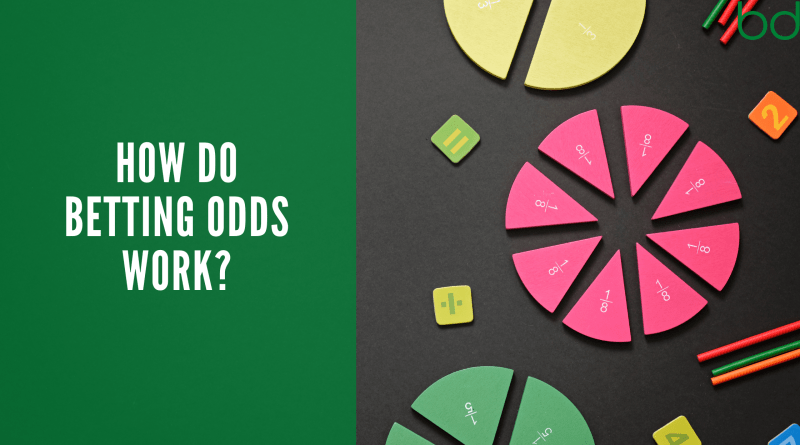How Do Betting Odds Work?
If you have started Matched Betting or value betting you will need to know how betting odds work.
In this post, you will find out how they work with some simple examples.
How Do Betting Odds Work?
Betting odds are a way for bookmakers or sportsbooks to represent the probability of an event occurring.
The betting odds show the expected return on a bet.
They are usually expressed in the form of a fraction or a decimal.
They can help you determine how much money you will win if your bet is successful.
Fractional
For example, if you see odds of 3/1 on a particular event, this means that for every £1 you bet, you will win £3 profit if your bet is successful.
Your overall returns will be £4 (£3 profit + your initial £1 stake).
Decimal
In decimal form, these odds would be expressed as 4.0.
This means that for every £1 you bet, you will win £4 if your bet is successful.
The lower the odds, the more likely it is that the event will happen.
For example, if you see odds of 1/10 on an event, this means that the event is very likely to happen.
You will only win £1 for every £10 you bet.
On the other hand, if you see odds of 10/1 on an event, this means that the event is less likely to happen.
But you will win £10 for every £1 you bet if it does happen.
It’s important to note that the odds offered by bookmakers or sportsbooks are not always an accurate reflection of the true probability of an event occurring.
They are designed to make a profit for the bookmaker or sportsbook.
Therefore they may be adjusted to favour one outcome over another.
As a result, it’s important to do your own research and analysis before placing a bet, rather than relying solely on the odds.

